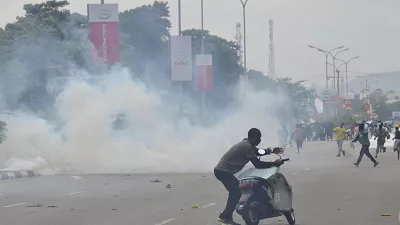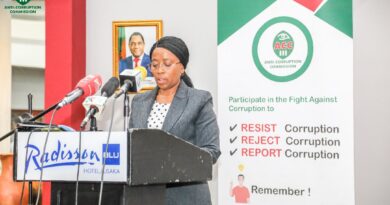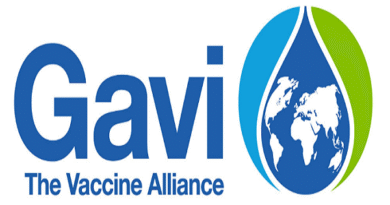Nearly 700 Nigerians Arrested During Protest Against High Cost of Living
Nigerian security forces fired bullets and tear gas at journalists and protesters in Abuja on Saturday during demonstrations against the country’s severe economic crisis, according to eyewitness reports.
The nature of the projectiles fired at the journalists is unclear, but the Associated Press reported bullet holes in a journalist’s car and live bullets found at the protest scene.
Amnesty International’s Nigeria office confirmed at least 50 arrests during Saturday’s protests in the capital. Nigerian police reported nearly 700 arrests and nine injured officers since the protests began three days ago.
The demonstrations are in response to Nigeria’s worst cost-of-living crisis in a generation and widespread accusations of corruption and mismanagement in Africa’s most populous country. Despite being one of the continent’s top oil producers, Nigeria struggles with widespread poverty, exacerbated by the high salaries of public officials.
At the Nigerian national stadium, where many protesters had gathered, police fired tear gas to disperse the crowd. Shortly after, hooded operatives from the Department of State Services (DSS) arrived and quickly dispersed the protesters, then fired at the journalists present, according to six journalists who spoke to AP.
One video showed DSS operatives chasing people in front of the stadium. Their vehicles, at least five in number, were parked alongside Nigerian police vehicles.
“It was shocking because they saw us as journalists and we were telling them we were journalists,” said Abdulkareem Mojeed, one of the journalists whose car was hit by three bullets. Journalists reported being targeted despite wearing media vests and being next to media-branded vehicles.
The DSS, known for its brutal reputation, did not respond to inquiries from the Associated Press. The agency has frequently been accused of violent attacks and wrongful arrests.
Journalist Abdulqudus Ogundapo described his fear during the gunfire. “My first reaction was, ‘let me just be safe,’” he said, before fleeing the scene.
Targeting journalists is common in Nigeria, which ranks 112th out of 180 countries on the World Press Freedom Index by Reporters Without Borders. The country has a history of shooting protesters, including during the deadly 2020 protests against police brutality.
Since the cost-of-living protests began, the Centre for Journalism Innovation and Development (CJID) has recorded at least 31 attacks against journalists, including 11 arrests. “Rather than providing security for journalists … security officials have conducted themselves in a way that suggests they are deliberately attacking journalists,” said Adebayo Aare, a media freedom project officer at CJID.
Nigerian police reported seven deaths during the protests, denying that any were caused by security forces. Amnesty International, however, reported at least nine protesters killed by security forces. A police officer previously reported dead “miraculously survived,” according to police spokesman Muyiwa Adejobi, who called for an end to the ongoing 10-day protests.
Additional source: AP



